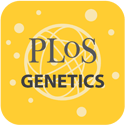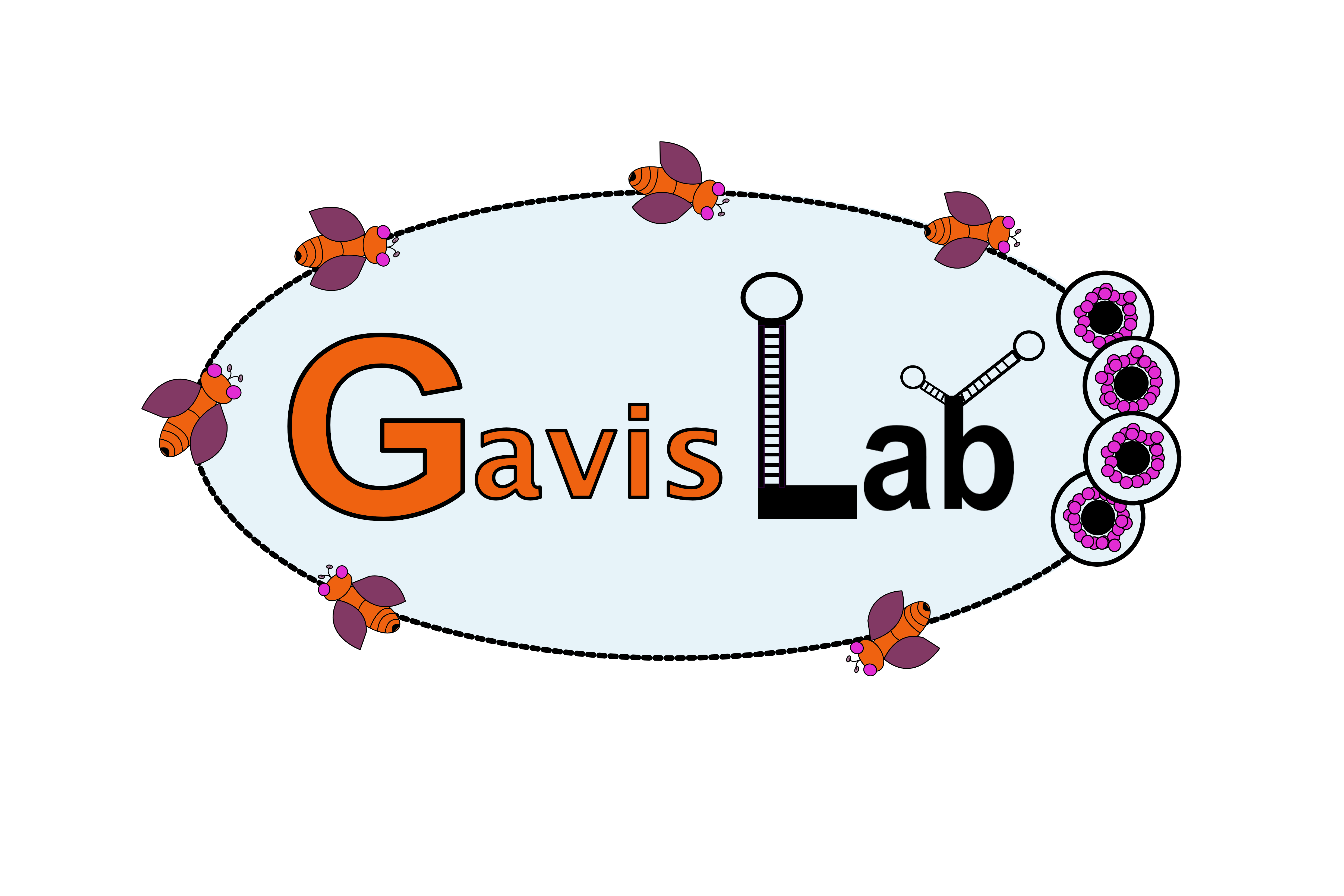
Localization of oskar mRNA by agglomeration in ribonucleoprotein granules.
Type
Localization of oskar mRNA to the posterior of the Drosophila oocyte is essential for abdominal patterning and germline development. oskar localization is a multi-step process involving temporally and mechanistically distinct transport modes. Numerous cis-acting elements and trans-acting factors have been identified that mediate earlier motor-dependent transport steps leading to an initial accumulation of oskar at the posterior. Little is known, however, about the requirements for the later localization phase, which depends on cytoplasmic flows and results in the accumulation of large oskar ribonucleoprotein granules, called founder granules, by the end of oogenesis. Using super-resolution microscopy, we show that founder granules are agglomerates of smaller oskar transport particles. In contrast to the earlier kinesin-dependent oskar transport, late-phase localization depends on the sequence as well as on the structure of the spliced oskar localization element (SOLE), but not on the adjacent exon junction complex deposition. Late-phase localization also requires the oskar 3' untranslated region (3' UTR), which targets oskar to founder granules. Together, our results show that 3' UTR-mediated targeting together with SOLE-dependent agglomeration leads to accumulation of oskar in large founder granules at the posterior of the oocyte during late stages of oogenesis. In light of previous work showing that oskar transport particles are solid-like condensates, our findings indicate that founder granules form by a process distinct from that of well-characterized ribonucleoprotein granules like germ granules, P bodies, and stress granules. Additionally, they illustrate how an individual mRNA can be adapted to exploit different localization mechanisms depending on the cellular context.

